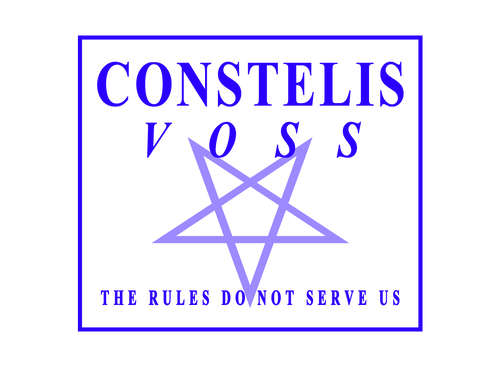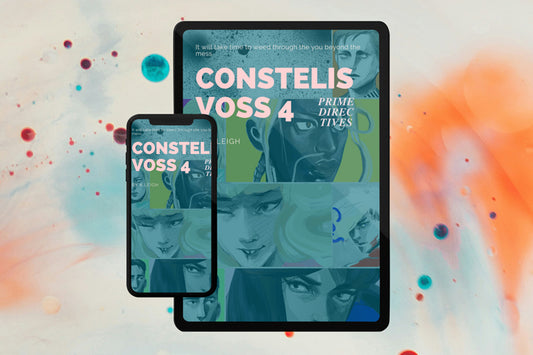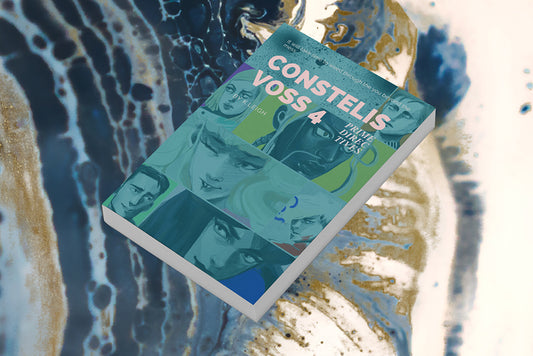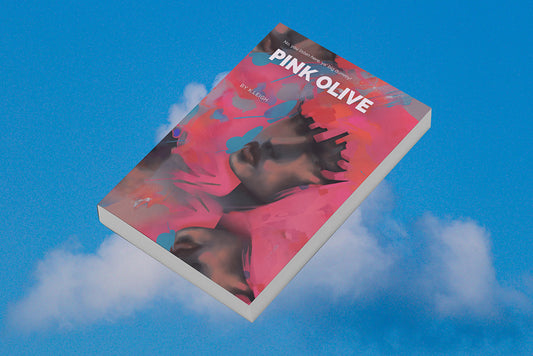The common stereotype is that indie books are poor quality, but what if that isn't true? What if traditional publishing and self publishing are just, well, entirely different industries? Buckle up bookworm, you're about to get a crash course in the business of books in less than two minutes.
Traditional publishing is considered a mature industry. Mature industries are like a well-worn forest path where the terrain rarely changes so you always know what to expect. In the mature industry of traditional publishing, book markets have been established for ages, there are a few major players, and competition for titles is high. The basic model for traditional publishing has remained the same, except when cost cuts happen. Traditional publishing moves slow.
Dynamic industries like self publishing are more like risky rivers, winding and changing based on rainfall. In the dynamic industry of self publishing, book markets shift, there are higher highs, lower lows, competition between titles, and models change. Self publishing moves fast.
To put a pin in it, self publishing and traditional publishing occupy two different business dynamics. Now that you know this, let's dig into the indie book quality issue and put it to rest, for good.
In mature industries like traditional publishing, there is an average standard of quality based on reaching as many readers as possible. The well-worn forest path needs a smooth terrain, which means averages.
In dynamic industries like self publishing, you get a min/max beyond averages. That means books without polish sit next to exemplary titles, like a shifting, rapid river.
If you often spot self published books that don't meet your standards, you're likely to lead with a bias that doesn't abide dynamic industries. The same can be said of snubbing traditionally published books. It's just a misunderstanding of industry dynamics.
In summary: Traditional publishing is a mature industry that lends itself to averages of quality, like a well-worn forest path. Self publishing is a dynamic industry that lends itself to high and low quality, like a winding river. Neither are bad, they're just different.
When you can grapple with what both industries bring to the table, you'll be able to appreciate a broader range of books without biases. Happy reading, bookworms!









